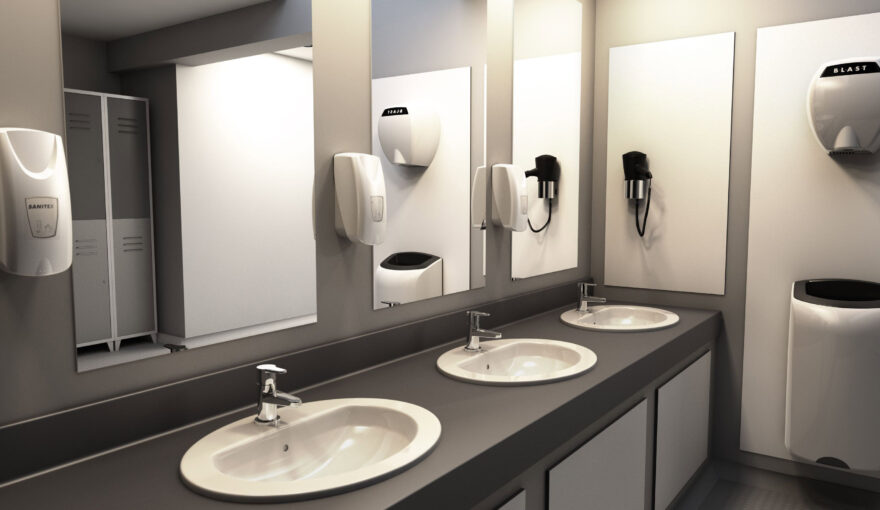Proper clinical waste disposal is a critical component of maintaining hygiene and safety standards in environments that produce it. To protect public health, this type of waste must be handled with meticulous care and in accordance with regulatory standards. Now, you may be reading this and wondering, what is clinical waste?
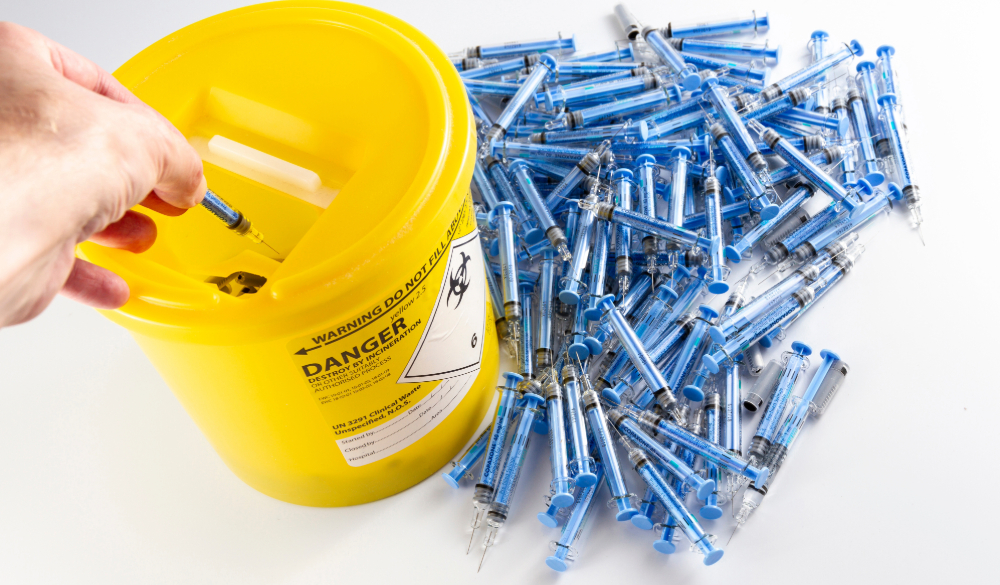
In this blog post, we will define clinical waste, which sectors produce it, and explain the importance of proper disposal and how NWR can assist.
What is clinical waste?
Clinical waste is waste that may be infectious to humans or hazardous to the environment. This includes waste contaminated with infectious agents, dangerous chemicals, or potentially harmful substances.
The Controlled Waste Regulations 2012 define clinical waste as:
- Blood, bodily fluids, and human excretions
- Drugs or other pharmaceutical products
- Swabs or dressings
- Syringes, needles, or other sharp instruments
- Used sanitary products, such as incontinence pads, empty colostomy and urine bags
All types of clinical waste must be handled and disposed of safely and separately from other kinds of waste. Clinical waste must be managed and disposed of properly to prevent the transmission of disease, ensure compliance and protect the environment.
Which sectors dispose of clinical waste?
In the UK, several industries produce and therefore must dispose of clinical waste.
To comply with UK regulations, each sector must adhere to strict guidelines for clinical waste segregation, storage, and disposal to ensure safety and environmental protection.
We explain in greater detail below which sectors dispose of clinical waste and why it is important to each.
Healthcare
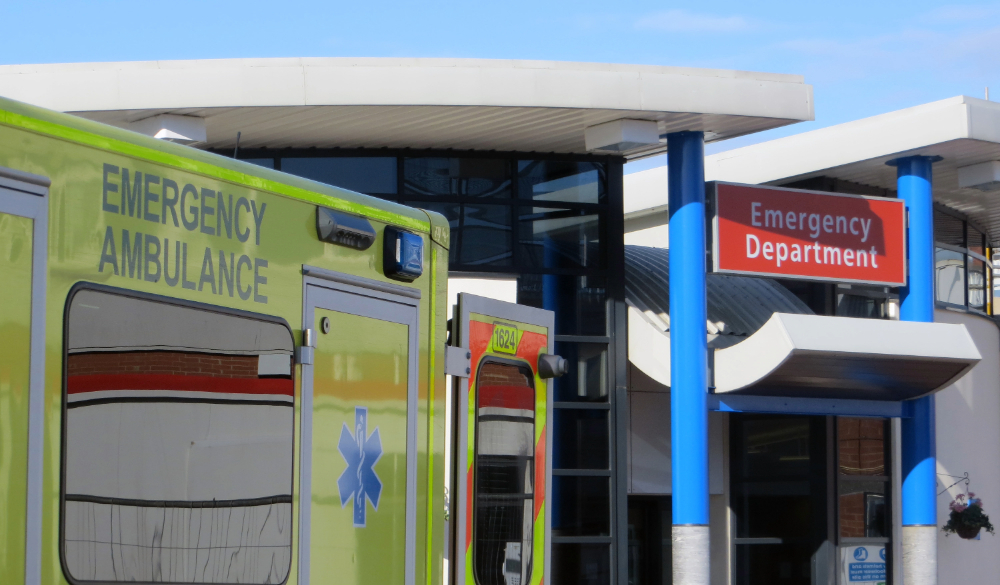
Healthcare facilities, such as hospitals, GP practices and dental practices, generate a significant amount of clinical waste.
Proper clinical waste disposal in these facilities is crucial for protecting public health and preventing the spread of infections. Contaminated dressings, sharps, and body fluids can carry dangerous pathogens and pose serious health risks if not disposed of correctly. Infectious materials will expose healthcare workers, patients, and the general public to diseases while also increasing the likelihood of injuries from sharp objects such as needles.
Proper clinical waste disposal also plays a critical role in maintaining hygiene standards within healthcare environments. By safely segregating and eliminating hazardous waste, healthcare facilities minimise the risk of cross-contamination and help control the spread of healthcare-associated infections (HAIs) which can be deadly for vulnerable patients.
Care homes
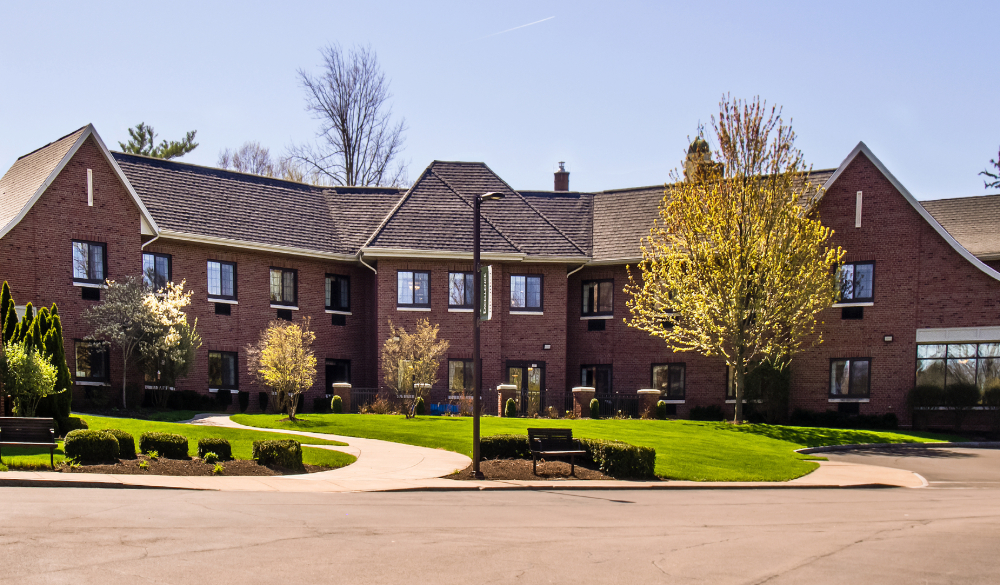
Care homes produce a large amount of clinical waste related to patient care, such as dressings, incontinence pads, and sharps, which must be disposed of correctly to protect the health and safety of patients as well as employees.
Care home residents are more susceptible to infections and diseases due to weakened immune systems and chronic conditions. Because of this, nursing homes must maintain clean, safe, and sanitary conditions.
Clinical waste equipment and processes contribute to gaining and maintaining the trust and confidence of residents and families. Mishandling clinical waste or visible accumulation may raise concerns about overall care quality. By demonstrating responsible waste management, care homes reassure families that their loved ones are in a facility that prioritises health and safety.
Proper waste disposal processes not only protect residents from contamination but also contribute to employee health and safety. Carers and nurses have frequent contact with clinical waste, which may result in illness. Using the appropriate disposal equipment contributes to a safer working environment by mitigating the chances of occupational hazards, helping employees feel more comfortable in their roles and resulting in a healthier and more efficient workforce.
Pharmacies
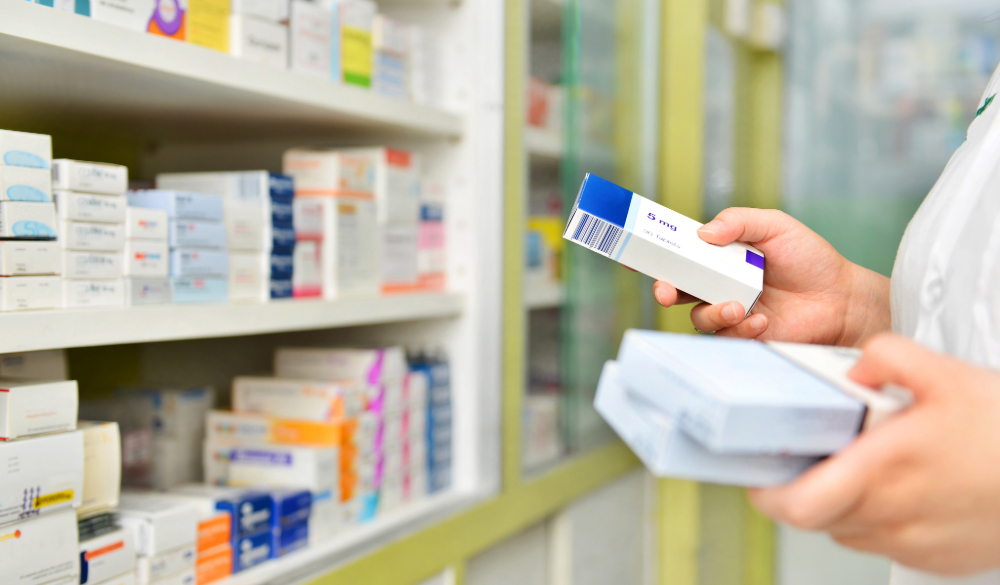
Pharmacies require clinical waste disposal to safely manage the hazardous materials they handle, which include expired and unused medications, sharps (such as immunisation needles or travel vaccinations), and contaminated packaging.
Proper disposal is critical for preventing public health risks, as pharmaceuticals can be harmful if they fall into the wrong hands or are discarded improperly.
Proper disposal of pharmaceutical products also protects the environment. When pharmaceuticals are discarded improperly, such as through toilets and sinks, they can harm wildlife. Many drugs, particularly antibiotics and hormones, can disrupt ecosystems if they enter rivers, causing harmful algae and bacteria to grow in the water, endangering aquatic life and causing long-term environmental damage.
By using regulated, disposal methods, pharmacies help prevent environmental contamination, ensuring that harmful substances are destroyed and disposed of properly.
Cosmetic and Aesthetic clinics

As these clinics perform procedures like Botox, dermal fillers, and laser treatment, they produce a large amount of sharps, contaminated dressings, and chemical waste.
Alongside preventing the exposure of bloodborne pathogens and hazardous materials to clients, following correct waste disposal processes in these clinics is important for environmental reasons.
Chemical waste, such as topical anaesthetics or cleaning agents, must be disposed of responsibly to avoid environmental pollution. If these materials are not properly treated and disposed of, they may contaminate local water supplies or soil.
Safe disposal methods ensure that chemicals are properly managed, reducing the clinic’s environmental impact while adhering to The Hazardous Waste Regulations 2005.
How NWR Hygiene can help
At NWR Hygiene, we can provide your building with adequate disposal solutions in a range of sizes to suit the day-to-day operations of your business.
We provide a variety of products, including sharps bins and nappy/clinical waste bins, to businesses across a variety of industries to assist them in mitigating and maintaining clean, safe working conditions.
You can learn more about clinical waste and sharps disposal services here.

